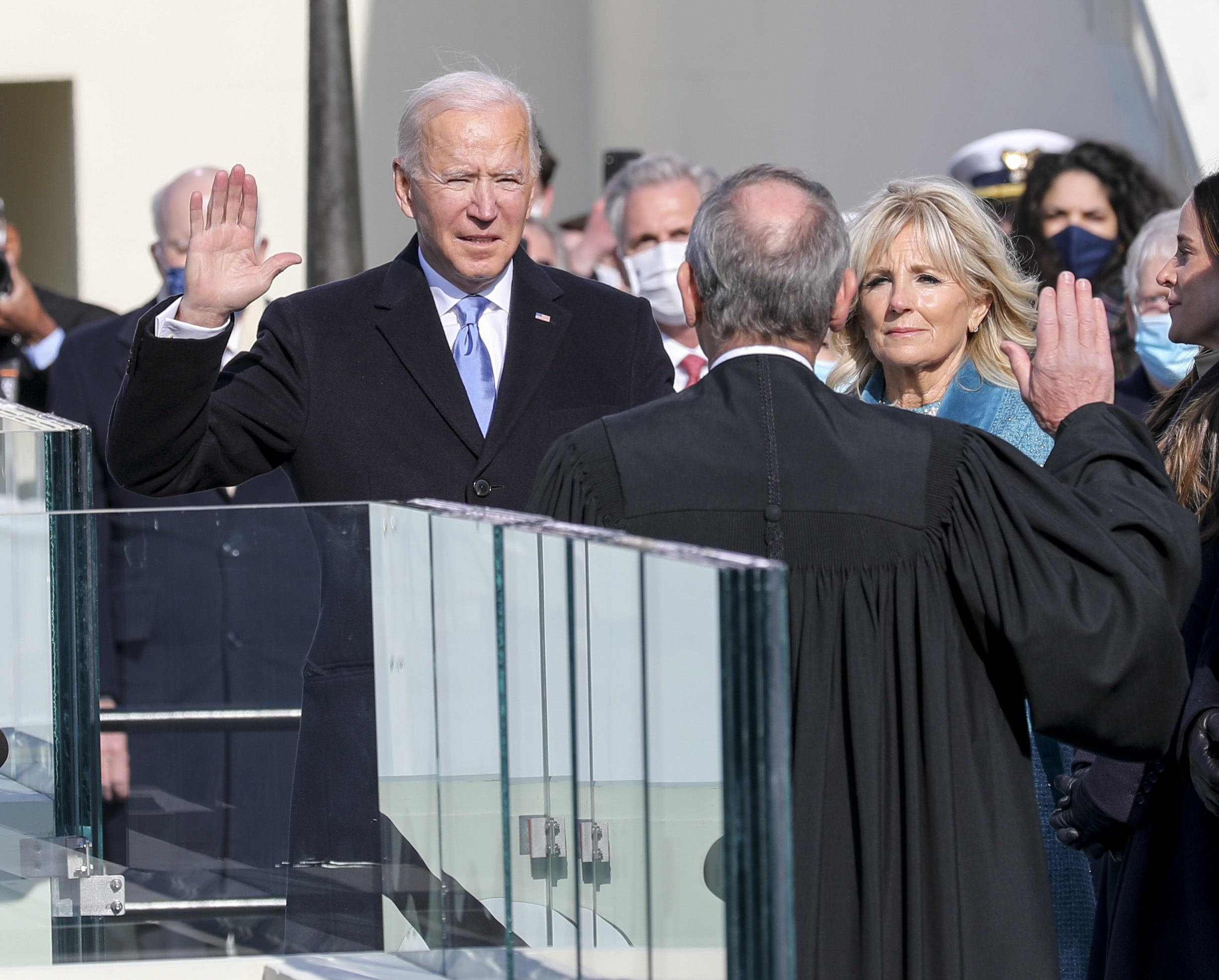On Wednesday, the Biden administration announced that it would provide $4.5 billion to a low-income home energy assistance program to assist with the cost of heating in anticipation of a harsh winter.
The program’s expenditures are significantly higher than the typical annual funding of approximately $3.5 billion, but they are still significantly lower than the $8 billion that the administration and congressional Democrats provided last winter as part of President Joe Biden’s coronavirus relief package.
Since the Low Income Home Energy Assistance Program was established in 1981, the amount spent last year was by far the largest appropriation in a single year.
State, local, and tribal governments will receive the funds to assist over 5 million families in paying their heating and utility bills. The funds can also be used to make home energy repairs.

At a union hall in Boston, Vice President Kamala Harris told the crowd, “One of the best ways a family can reduce their energy bill is to make their home more energy efficient.”
She continued, “But here’s the challenge for many homeowners — many people who are here today — you know that upgrades to energy efficiency are expensive.”Even though we are aware that it has the potential to save you thousands of dollars in the long run, the initial cost is frequently too high for many families to afford.
According to Harris, “we are also lowering energy bills, bringing down household costs, creating jobs, and fighting the climate crisis” by assisting families in improving their energy efficiency.
One of the major utilities in New England has already announced a 60% increase in winter electricity prices.Citing inflation and the conflict in Ukraine, utilities are also seeking price increases for natural gas and home heating oil.Biden was warned last week by the top executive of Eversource Energy, the largest energy provider in New England, that the region might not have enough power in the event of a severe winter storm.
Eversource CEO Joseph Nolan told Biden, urging the president to use emergency powers to ensure sufficient fuel resources in the region, that “this represents a serious public health and safety threat.”






